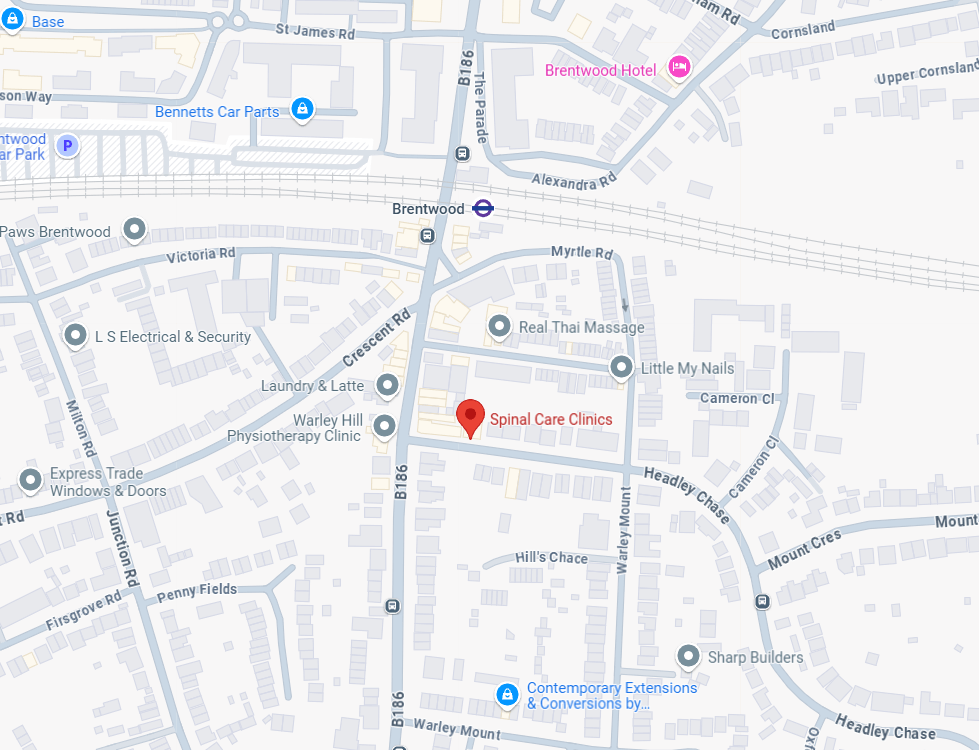As if cold temperatures and lack of sunlight weren’t enough for us to succumb to winter blues, arthritis sufferers have all the more reason to dread the drop in mercury. Those affected by either osteoarthritis or rheumatoid arthritis have grown a sixth sense linked to seasonal changes, with many claiming the cold and damp conditions aggravate their symptoms or trigger flare-ups.
‘I feel it in my bones’ takes on a very literal meaning in the arthritis community.
There are two theories as to why people affected by arthritis are particularly weather sensitive. The first is due to barometric changes: the drop in pressure accompanied by cooler, damper weather, could allow tissues in joints to swell, increasing pressure on the nerves that control pain signals.
The second theory relates to amplified pain signals: veins will constrict in cooler temperatures reducing blood flow to your extremities and increasing sensitivity. An outside stimulus, which might have otherwise gone unnoticed, feels more painful. We all know that common, albeit clumsy injuries, such as stubbing your toe or jamming your finger, feel very different in winter and summer. So, as the blood isn’t circulating as efficiently, your joints feel more rigid or stiff making repetitive motion very difficult – forget texting in the cold!

If, like many others, all you want for Christmas is a cure for arthritis, you may be disappointed. There is no quick fix, but there are lots of easy measures you can introduce into your daily routine to help soothe those aches and chase away the gloomy clouds so characteristic of grumpy old Arthur.
We can’t change the weather but we can offer some advice on how best to manage, and maybe even prevent, those flare-ups.
Stay warm but stay active
Many of you will be familiar with intensified morning stiffness and pain. Think of your body as a machine. Mechanically speaking, like a car in these cold winter mornings, you need warming up and easing into the day. Pain is no fun and in no way motivating but staying active is an important factor in managing arthritis.
Try to perform regular exercises inside or, even better, in a controlled environment such as the gym. A low-impact, muscle strengthening programme can go a long way to improving and restoring the use of affected joints. If you feel lost or demotivated, seek a physical therapist, to help get you started.
Regular stretching is also important in warding off stiffness. This doesn’t mean you need to become a yoga master! Begin the day with 5 minutes of gentle wrist and ankle stretches while still cosy in bed.
See a chiropractor
Although arthritis is commonly associated with joint pain, it can affect multiple organs in the body such as the eyes, mouth, lungs, heart and more. Chiropractors are on the front line for back pain but their reach goes far beyond, by considering the person as a whole. In adjusting misaligned joints, chiropractors aim to improve the relationship between the spine and nervous system, which is believed to affect the function of all the organs and systems in the body as a whole.
Hint for a massage this Christmas!
Massage therapy is extremely effective in alleviating chronic arthritic pain. One great way to incorporate this into your daily routine is to massage your joints following a hot shower or before heading to bed. This will relax the compromised muscles and increase blood flow. For added benefits, we highly recommend the use of pain relieving cream. Our most popular creams contain menthol, an active ingredient used to stimulate muscles and provide an overall cooling sensation.
So whether you want a massage from a loved one or from a physical therapy clinic – add it to the Christmas wish list!

Look out for antioxidants
Eat foods rich in antioxidants to help reduce the inflammation. Yes, another downfall of winter is the lack of colour in your local fruit and veg market. But don’t despair! Berries may not be in season but sweet potatoes and pinto beans are, and they are packed with powerful antioxidants. Dark chocolate is also on the list, so let yourself be tempted this Christmas.
If you’re looking for a way to supplement your diet, then MSM Methylsulfonylmethane is our ‘go to’ natural anti-inflammatory supplement.
We also recommend coupling vitamin D with Magnesium.
Vitamin D is the ‘sunshine vitamin’ synthesised in our body from sunlight, which, at this time of year, can be tough to find. It builds and supports healthy bone growth, aids calcium absorption, and helps regulate the cells responsible for autoimmune function.
Magnesium is the relaxation mineral, regulating muscle contraction and allowing for better movement. It also helps maintain healthy joint cartilage.
Heat and cold therapy
Do you own a hot water bottle? It will become your best friend this winter. Applying heat relaxes muscles by increasing blood flow to the affected area. A long soak in the bath will help loosen muscle spasms further. To really sink into deep relaxation, add some eucalyptus essential oil, known to naturally improve blood circulation.
Cold compresses reduce swelling and inflammation, and are very effective for acute pain relief. Cold packs are efficient in numbing deep tissue pain, but do make sure you are in a warm and relaxed environment, as this technique may seem uncomfortable initially.
Arthritis does require certain lifestyle changes and this can feel overwhelming especially in winter, when the body wants to hibernate. You’re not alone on this journey. 10 million people are affected by arthritis in the UK, and many of them are facing the same challenges. While there may not be a miracle cure for arthritis, we at Brentwood Spinal Care Clinics understand your pain and we’d like to help, ’cause ‘baby, it’s cold outside’.






